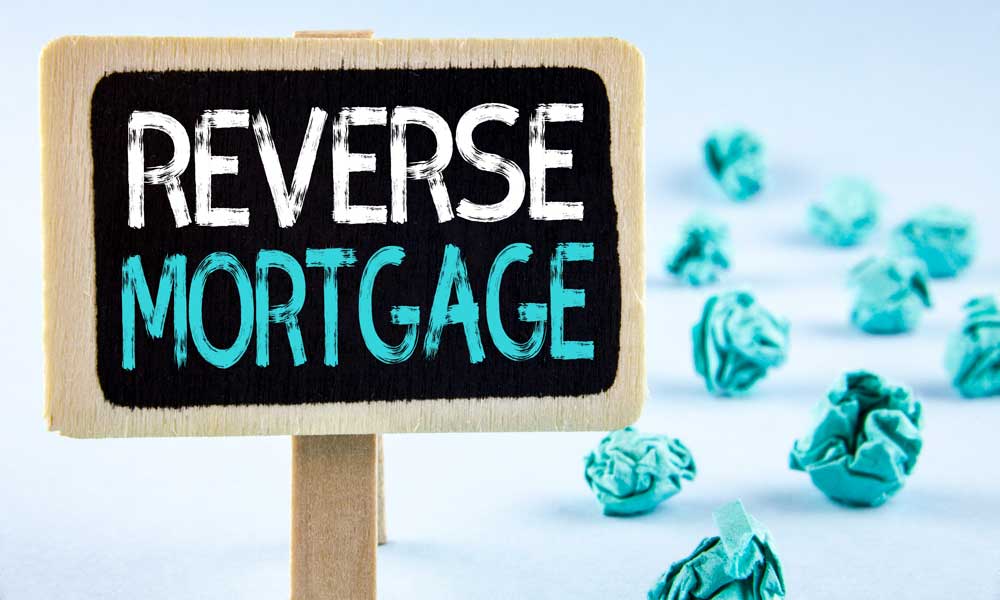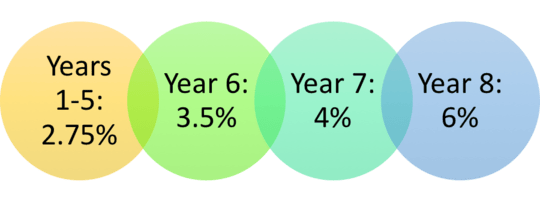Retirees who are depending on using their house equity to help fund transition to assisted living; those who want to keep their home in the family or protect their inheritance for their heirs. Customers currently paying above-market interest rates; borrowers who want to reduce their loan term; customers follow this link who want to change an ARM with a more predictable fixed-rate; debtors dealing with a balloon payment.
House owners looking for a house equity loan who would also take advantage of re-financing their existing mortgage. Property owners looking for a house equity loan who would gain little or no savings from re-financing their existing home loan. Underwater borrowers or those with less than 20 percent house equity; those looking for to re-finance at a lower interest rate; customers with an ARM or upcoming balloon payment who wish to transform to a fixed-rate loan.
Novice property buyers, buyers who can not set up a large deposit, customers acquiring a low- to mid-priced house, purchasers looking for to purchase and improve a house with a single home loan (203k program). Customers purchasing a high-end house; those able to set up a down payment of 10 percent or more.


Non-veterans; veterans and active service members who have actually tired their fundamental privilege or who are seeking to acquire investment home. Novice buyers with young families; those currently living in congested or out-of-date real estate; residents of rural locations or small communities; those with limited incomes Urban occupants, households with above-median incomes; bachelors or couples without kids.
One of the very first concerns you are bound to ask yourself when you wish to purchase a house is, "which home mortgage is best for me?" Basically, purchase and re-finance loans are divided into fixed-rate or variable-rate mortgages. Once you decide on repaired or adjustable, you will also require to consider the loan term.
Long-term fixed-rate home mortgages are the staple of the American home mortgage market. With a fixed rate and a repaired monthly payment, these loans supply the most stable and foreseeable expense of homeownership. This makes fixed-rate mortgages really popular for property buyers (and refinancers), especially at times when rates of interest are low - which banks are best for poor credit mortgages. The most common term for a fixed-rate mortgage is 30 years, but shorter-terms of 20, 15 and even 10 years are likewise offered.
The What Is The Best Rate For Mortgages Statements
Since a higher monthly payment restricts the quantity of home mortgage a given earnings can support, a lot of homebuyers choose to spread their regular monthly payments out over a 30-year term. Some home mortgage lending institutions will allow you to tailor your home mortgage term to be whatever length you want it to be by changing the monthly payments.
Since regular monthly payments can both rise and fall, ARMs bring dangers that fixed-rate loans do not. ARMs work for some customers-- even very first time debtors-- however do need some extra understanding and diligence on the part of the customer. There are knowable threats, and some can be handled with a little preparation.
Traditional ARMs trade long-lasting stability for regular changes in your rates of interest and monthly payment. This can work to your benefit or disadvantage. Traditional ARMs have rate of interest that adjust every year, every 3 years or every 5 years. You may hear these described as "1/1," "3/3" or " 5/5" ARMs.
For example, initial rates of interest in a 5/5 ARM is fixed for the first five years. After that, the rates of interest resets to a new rate every five years up until the loan reaches the end of its 30-year term. Standard ARMs are normally offered at a lower initial rate than fixed-rate home loans, and generally have payment terms of 30 years.
Obviously, the reverse is real, and you might end up with a higher rate, making your home loan less affordable in the future. Note: Not all lenders offer these items. Conventional ARMs are more favorable to homebuyers when rate of interest are relatively high, considering that they use the possibility at lower rates in the future.
Like traditional ARMs, these are typically available at lower rates than fixed-rate home mortgages and have total payment terms of 30 years. Due to the fact that they have a variety of fixed-rate durations, Hybrid ARMs provide customers a lower initial interest rate and a fixed-rate home loan that fits their expected timespan. That said, these products bring threats since a low fixed rate (for a couple of years) might come to an end in the middle of a higher-rate environment, and regular monthly payments can leap.
9 Easy Facts About How Many Mortgages To Apply For Described
Although typically gone over as though it is one, FHA isn't a home loan. It represents the Federal Housing Administration, a government entity which essentially runs an insurance coverage swimming pool supported by costs that FHA home mortgage borrowers pay. This insurance coverage pool essentially gets rid of the threat of loss to a lending institution, so FHA-backed loans can be used to riskier customers, specifically those with lower credit rating and smaller down payments.
Popular amongst newbie homebuyers, the 30-year fixed-rate FHA-backed loan is offered at rates even lower than more standard "adhering" home mortgages, even in cases where debtors have weak credit. While deposit requirements of as little as 3. 5 percent make them particularly attractive, debtors should pay an upfront and annual premium to money the insurance coverage swimming pool noted above.
To get more information about FHA home mortgages, check out "Benefits of FHA home loans." VA home loans are mortgages guaranteed by the U.S. Department of Veterans Affairs (VA). These loans, concerns by private loan providers, are provided to eligible servicemembers and their families at lower rates and at more beneficial terms. To determine if you are qualified and to learn more about these home loans, visit our VA home mortgage page.
Fannie Mae and Freddie Mac have limits on the size of mortgages they can purchase from can you refuse to inherit a timeshare loan providers; in many locations this cap is $510,400 (as much as $765,600 in specific "high-cost" markets). Jumbo mortgages can be found in fixed and adjustable (traditional and hybrid) ranges. Under policies imposed by Dodd-Frank legislation, a meaning for a so-called Qualified Home loan was set.
QMs likewise enable borrower debt-to-income level of 43% or less, and can be backed by Fannie Mae and Freddie Mac. Currently, Fannie Mae and Freddie Mac are using special "short-lived" exemptions from QM rules to purchase or back home mortgages with DTI ratios as high as 50% in some scenarios.
Non-QM mortgages may be provided by lending institutions, who typically put them in their "portfolio" of loans they hold. For the a lot of part, they are made only to the very best certify borrowers or those who have strong risk-offsetting financial characteristics, such as a large deposit or extremely high levels of assets.
The Facts About What Lenders Give Mortgages After Bankruptcy Uncovered
I discovered myself all of a sudden house shopping this month (long story), and even for someone who works in the financial industry, there were plenty of terms I was unfamiliar with. Among the most confusing actions in the house buying process was comprehending the various types of home loans available. After a great deal of late night invested looking into the various types of home mortgages readily available, I was finally ready to make my choice, however I'll conserve that for the end.